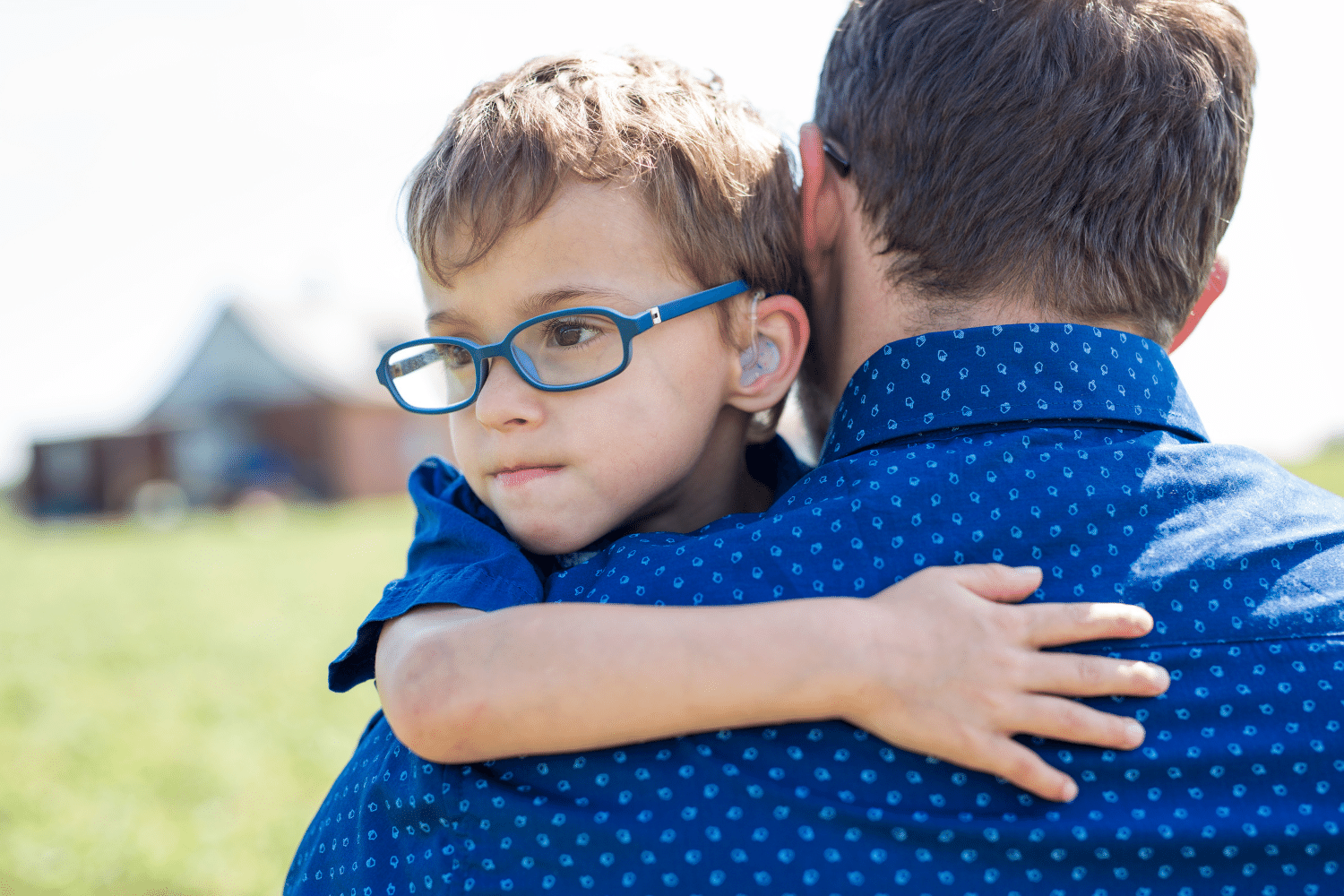Supporting your child in managing anxiety

All children and young people will feel worried or anxious sometimes; for example in the lead up to a school test or exam, or a big event like a performance or sports match. In these circumstances, most children will feel anxious beforehand, but will begin feeling better after the event. This is completely normal.
Anxiety becomes a problem when it affects everyday life. It can be overwhelming or distressing, and when worrying goes on for a long time it can be very uncomfortable and isolating for children.
Anxiety can affect a child’s self-esteem and confidence.
What are the symptoms of anxiety?
You may notice that younger children:
- become irritable, tearful or clingy
- have difficulty sleeping
- wake in the night
- start wetting the bed (link to bed wetting)
- have bad dreams
Older children might:
- lack confidence to try new things or seem unable to face simple, everyday challenges
- find it hard to concentrate
- have problems with sleeping or eating
- have angry outbursts
- have a lot of negative thoughts, or keep thinking that bad things are going to happen
- start avoiding everyday activities, such as seeing friends, going out in public or going to school
Managing the symptoms
Firstly, reassure your child about their anxiety or worries and that you understand how they feel. As well as talking to your child about how they feel, it’s also useful to provide them with solutions to their anxiety.
These might include:
- keeping to regular routines
- spending quality time with them
- encouraging them to ask for help when they need it
- think together about whether anything in particular might be causing their anxiety
- support them to explore activities or hobbies that help to reduce their anxiety
- practicing breathing and mindfulness techniques
- using a ‘worry box’ or ‘worry monster’ to encourage your child to share their worries
You should seek help from a school nurse if you’re worried about your child, or if their anxiety is not improving.
Helping your child in an anxious moment
If your child is experiencing an anxious moment, it’s important to help them to feel safe. Here are some things you can try:
- sit with them and offer reassurance, holding their hand or giving them a cuddle might help too
- reassure them that the anxiety will pass
- stay present with them and focus on some of the things you can see, feel, smell, taste and hear
- ask them to picture a relaxing, safe or comforting place in their mind
- try some deep breathing techniques together
If you require further support, speak to your child’s school, school nurse or GP.

